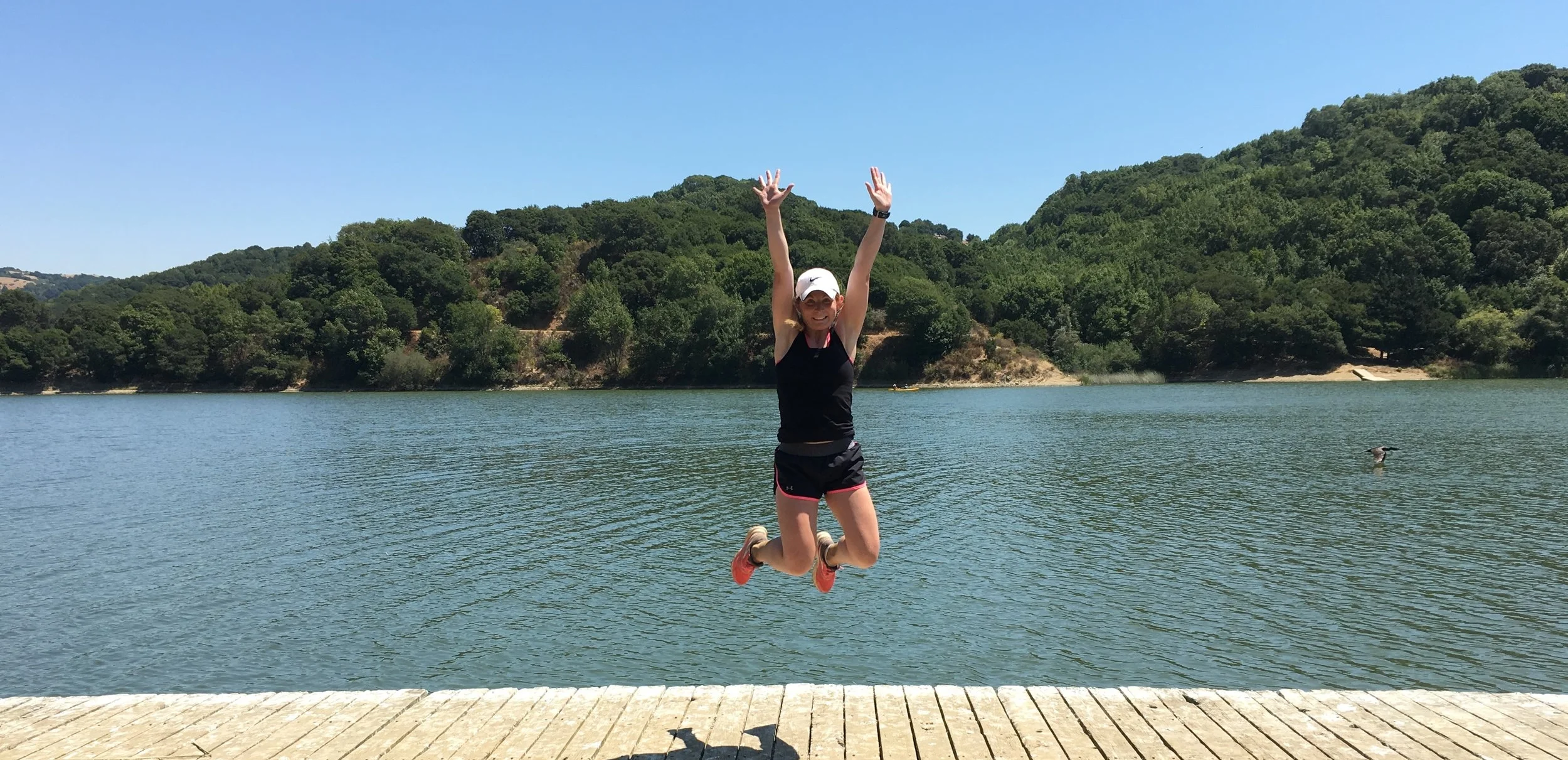I recently re-listened to RadioLab's episode on bliss and it got me thinking about perfect moments. Those rare moments of total, world-shaking happiness. That feeling is often life-altering, and yet it is so difficult to recreate. Which raises some interesting questions... Can you create bliss? Can you feel bliss if you haven't experienced depravation? Does how you live affect your ability to feel bliss? If you look for bliss, are you more likely to find it?
The other day, I was getting ready to take my first run of the ski season, and as I walked through the ski shop someone said, "You look so happy". I stopped for a moment and realized that I was giddy with excitement and grinning from ear to ear. It wasn't a moment of bliss, but it reminded me that in order to feel bliss you must first slow down and be more open to fully feeling happiness. I was so busy organizing and checking in with other people that I forgot to be in that moment.
I do that a lot. Being a planner and anxiety-prone, I spend more time thinking about what I should have done or what I should be doing and miss what I am doing and how I feel in the present moment. It's definitely something to work on in the new year. But during this time of holiday reflection and nostalgia, I started thinking about my moments of bliss and happiness.
Happy moments can be created. Here is a list of things that, almost without fail, make me happy.
Happy moments:
- Dinners with my mom and stepfather
- Random acts of thoughtful kindness
- My dog's love and loyalty
- Listening to a great podcast
- The perfectly crafted and timed tweet
- Watching funny animal videos on YouTube with my sister
- Jumping a horse
- Philz Coffee in the morning
- First tracks on a powder day
Blissful moments are more serendipitous. They can't be created and can't be forgotten. A blissful moment forces you into the present and makes you want to stay there as long as you can. I have only had a handful of overcome-with-happiness-shout-it-from -the-rooftop moments. All blissful moments come after intense periods of physical and mental challenges when I am physically present, pushed to the limit. Is there a connection? I think so.
Blissful moments
- Summiting Kilimanjaro at sunrise in a snow storm with 30 mile per hour winds
- Crossing the finish line of my first marathon with my best friend
- Hugging my mom and sister at the end of the 565-mile AIDS bike ride from SF-LA
When was the last time you screamed with happiness?










